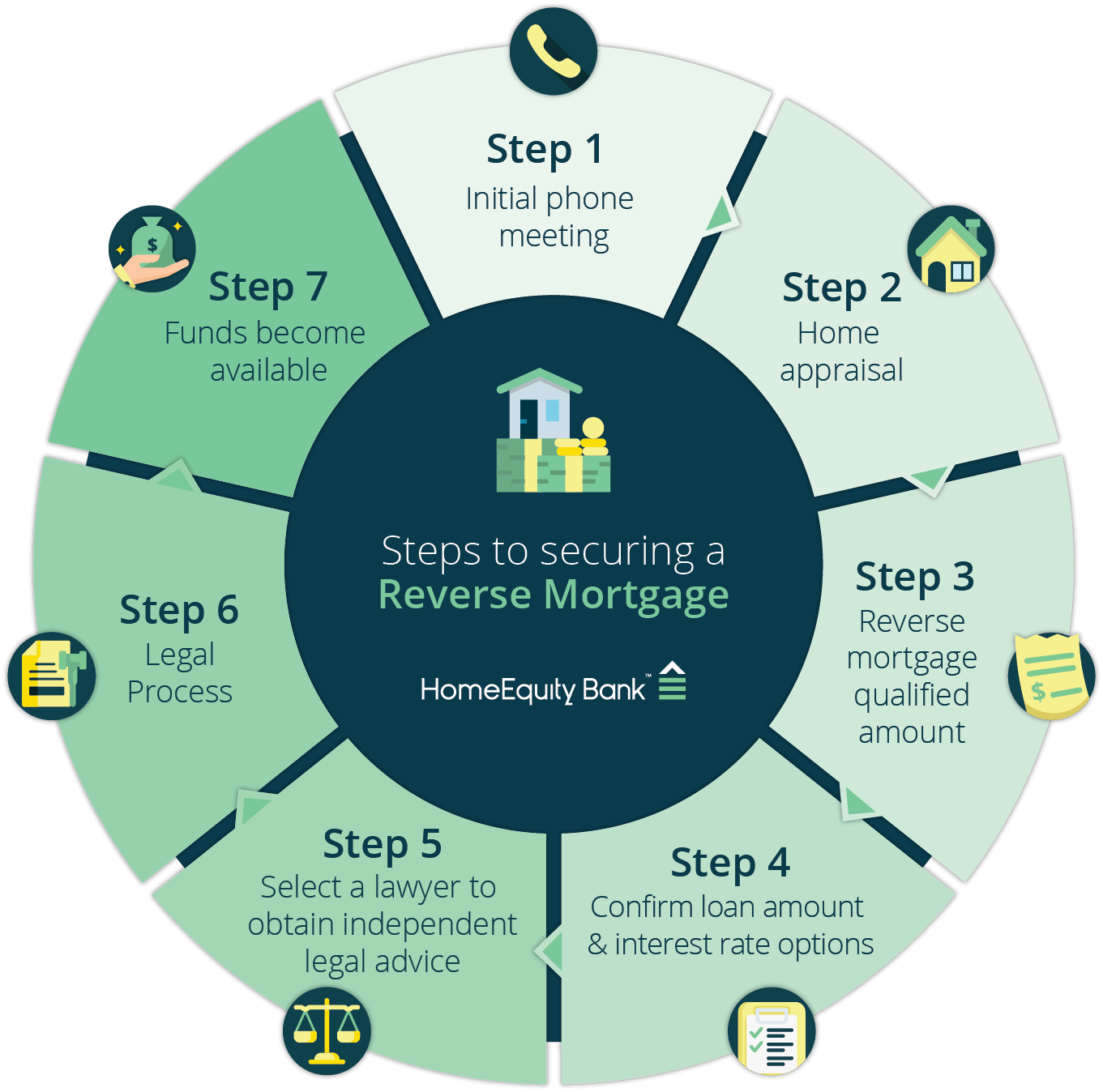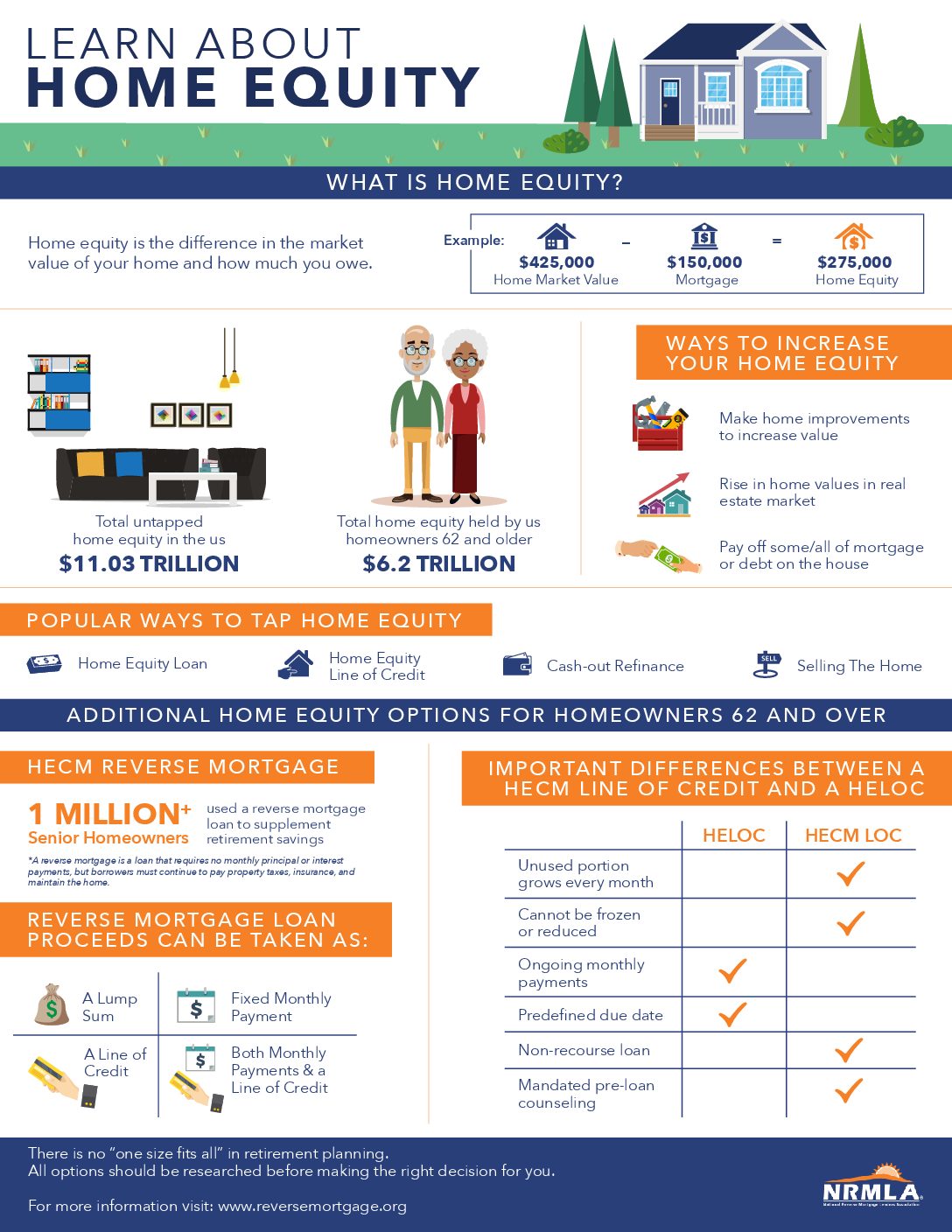A Home Loan Cash Circulation Responsibility (MCFO) is a kind of home mortgage pass-through unsecured general commitment bond that has numerous classes or tranches. MCFOs use capital from a pool of home loans that create profits to repay financiers their principal plus interest. Payments are gotten from home mortgages in the pool and passed on to holders of the MCFO security.
MCFOs do not hold a lien on the home mortgages held by the security. They are simply obligated by agreement to use the earnings from the mortgages to pay their financiers. MCFO owners have no legal rights to the actual hidden mortgages, therefore MCFOs are riskier than CMOs. Like CMOs, MCFOs are a form of mortgage-backed security produced through the securitization of private residential home mortgages that draw interest and principal payments from that particular swimming pool of home loans.
Like CMOs, MCFOs package home mortgages into groups with various payment characteristics and run the risk of profiles called tranches. The tranches are paid back with home mortgage principal and interest payments in a defined order, with the highest ranked tranches including credit enhancement, which is a type of protection versus prepayment threat and repayment default.
The mentioned maturities of MCFO tranches are determined based on the date when the last principal from a pool of mortgages is expected to be settled. But maturity dates for these kinds of MBS do not take into account prepayments of the underlying mortgage and thus might not be a precise representation of MBS threats.
CMOs, MCFOs and other non-agency mortgage-backed securities those home mortgage bonds not backed by the government-sponsored enterprises Fannie Mae, Freddie Mac or Ginnie Mae - were at the center of the financial crisis that caused the insolvency of Lehman Brothers in 2008 and led to trillions of dollars in losses on mortgage and millions of property owners losing their homes to default.
In December 2016, the SEC and FINRA revealed new rules timeshare lies to dampen MBS danger with margin requirements for CMO and associated MBS deals.
8 Easy Facts About There Are Homeless People Who Cant Pay There Mortgages Shown
A home mortgage swimming pool is a group of home loans kept in trust as security for the issuance of a mortgage-backed security. Some mortgage-backed securities released by Fannie Mae, Freddie Mac, and Ginnie Mae are referred to as "swimming pools" themselves. These are the easiest type of mortgage-backed security. They are likewise understood as "pass-throughs" and sell the to-be-announced (TBA) forward market.
Home loan swimming pools, which are groups of home mortgages, tend to have similar characteristics, such as issuance date, maturity date, and so on. While mortgage-backed securities are backed by home mortgage collateral with similar attributes, collateralized financial obligation obligations are backed by collateral with differing attributes. A crucial benefit of home mortgage swimming pools is that they supply investors with diversity.
Home mortgage pools are comprised of mortgages that tend to have comparable characteristicsfor instance, they will normally have near the same maturity date and rate of interest. Once a loan provider finishes a home loan deal, it normally offers the home mortgage to another entity, such as Fannie Mae or Freddie Mac. Those entities then package the mortgages together into a home mortgage swimming pool and the home mortgage swimming pool then acts as collateral for a mortgage-backed security.

A CDO is a structured monetary item that pools together money flow-generating assets and repackages this possession pool into discrete tranches that can be offered to financiers. A collateralized debt commitment is called for the pooled assetssuch as mortgages, bonds and loansthat are basically debt obligations that work as collateral for the CDO.
Home mortgage swimming pool funds are great for financiers seeking real estate direct exposure due to the fact that they are a low-risk investment that moves individually of a stock and bonds and offer a predictable month-to-month earnings. Mortgage swimming pool fund loans are protected by property and are described as tough cash since unlike many bank loans (which count on the creditworthiness of the customer), hard cash loans consider the value of the underlying home.
Because of their much shorter terms, tough cash loans are less susceptible to being affected by rates of interest swings, which indicates it is a more predictable and reputable cash circulation. Like pointed out above, home mortgage pool funds vary, where some focus on particular property types, while some are more general. These distinction can affect threat and return, so it is essential to investigate the different home loan swimming pools before diving in.
What Lenders Give Mortgages After Bankruptcy Can Be Fun For Everyone
There's nothing much better than marching your back entrance on a hot summer day and jumping in your own swimming pool. But be cautious when wanting to purchase or refinance a home with a swimming pool. That swimming pool can cause hold-ups in the mortgage procedure, or drown your loan application altogether.
Stubrud worked with a customer who desired a reverse mortgage, but had an empty, aging swimming pool on the home. Reverse home mortgages follow FHA standards, which are specific about pool. "They don't desire it to be a health threat or a safety danger that there's a big gaping hole in the ground." So what did the customer do? "How they handled it was that they filled it in," says Stubrud.

The swimming pool stopped to exist. There were vacation club vs timeshare no other options for this aging property owner who didn't have the cash to get the swimming pool in working order. However Stubrud says the client did raise an alternative idea. "They actually wanted to keep it and they were going have this subterranean greenhouse.
Lots of property owners believe that what's on your property is your service. While that's partly real, you welcome analysis to nearly every inch of a house when you choose to fund it with the lending institution's cash. It's real for FHA loans along with any other loan type. It boils down to safety.
A pool that is a falling threat or is a breeding place for bacteria is a risk to the health of the residents. Not to discuss it opens the property owner up to lawsuits (what beyoncé and these billionaires have in common: massive mortgages). The same standards would use to things like a missing out on stairs outside the back door, missing handrails, or exposed lead-based paint.
Fixing the swimming pool to get it into working order will enable the loan procedure to continue. When buying a house, this might be a predicament. It's risky to utilize your own funds to make repairs on a house that's not yours yet particularly pool repair work which can vary from a few hundred to a few thousand dollars - how is mortgages priority determined by recording.
About How Is Mortgages Priority Determined By Recording
There may be another way to make repairs, however. "The customer will require to get a quote for the essential repair work," states Sarah Bohan, VP of Corporate Relations at MSU Federal Cooperative Credit Union. "If the repair work are scheduled to occur after the closing, the loan provider will usually ask for to hold 1.
You get back any cash left over after whatever's done. However do not depend on this option, states Bohan. "Lots of loan providers are not able to permit repair work after the home mortgage closes since they offer their loans on the secondary market and need to provide the loan within a set timeframe." Make certain your lender enables repair work after closing prior to you concur to buy a house with a decrepit pool.